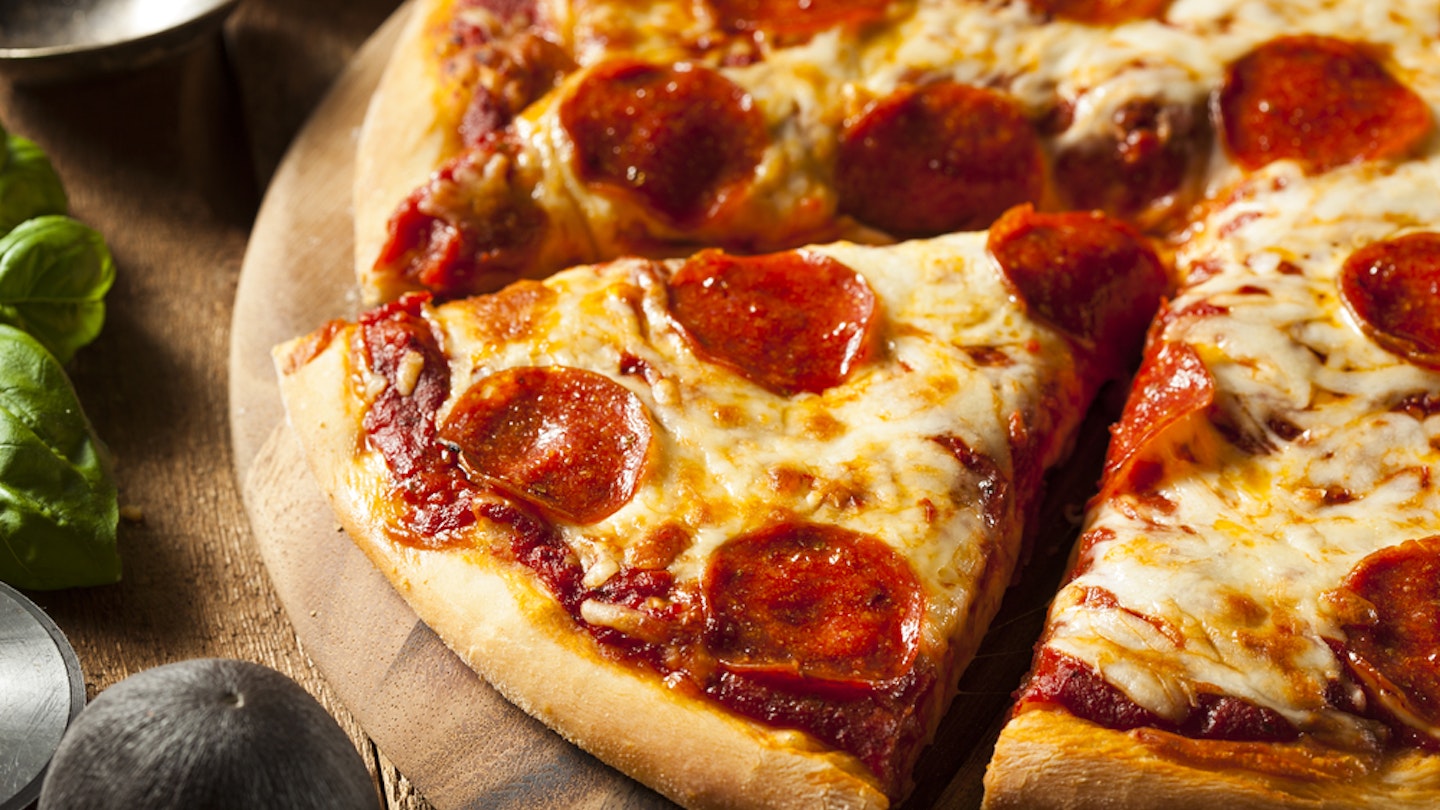We’ve all been there – picking at the kids’ leftovers before the school run, or trying to cure that ‘adult headache’ with last night’s leftovers - remember when Holly Willoughby shared her pizza breakfast on Instagram after the NTA’s a few weeks ago?
It turns out, Holly is actually on to a winner as a recent study has shown that most cereal options aren’t nutritionally that great. In fact, there’s rarely protein or healthy fats in some of the most popular cereal choices on the market, instead, there is a great deal of sugar which isn’t the best start to the day.
Food and drink website The Daily Meal checked with a dietican, who confirmed: ‘You may be surprised to find out that an average slice of pizza and a bowl of cereal with whole milk contain nearly the same amount of calories.
Dieticain Chelsey Amer added: ‘However, pizza packs a much larger protein punch, which will keep you full and boost satiety throughout the morning.’
Despite being quick to point out pizza might not be the most nutritious choice, it seems it’s healthier than eating leftover coco pops after all!
